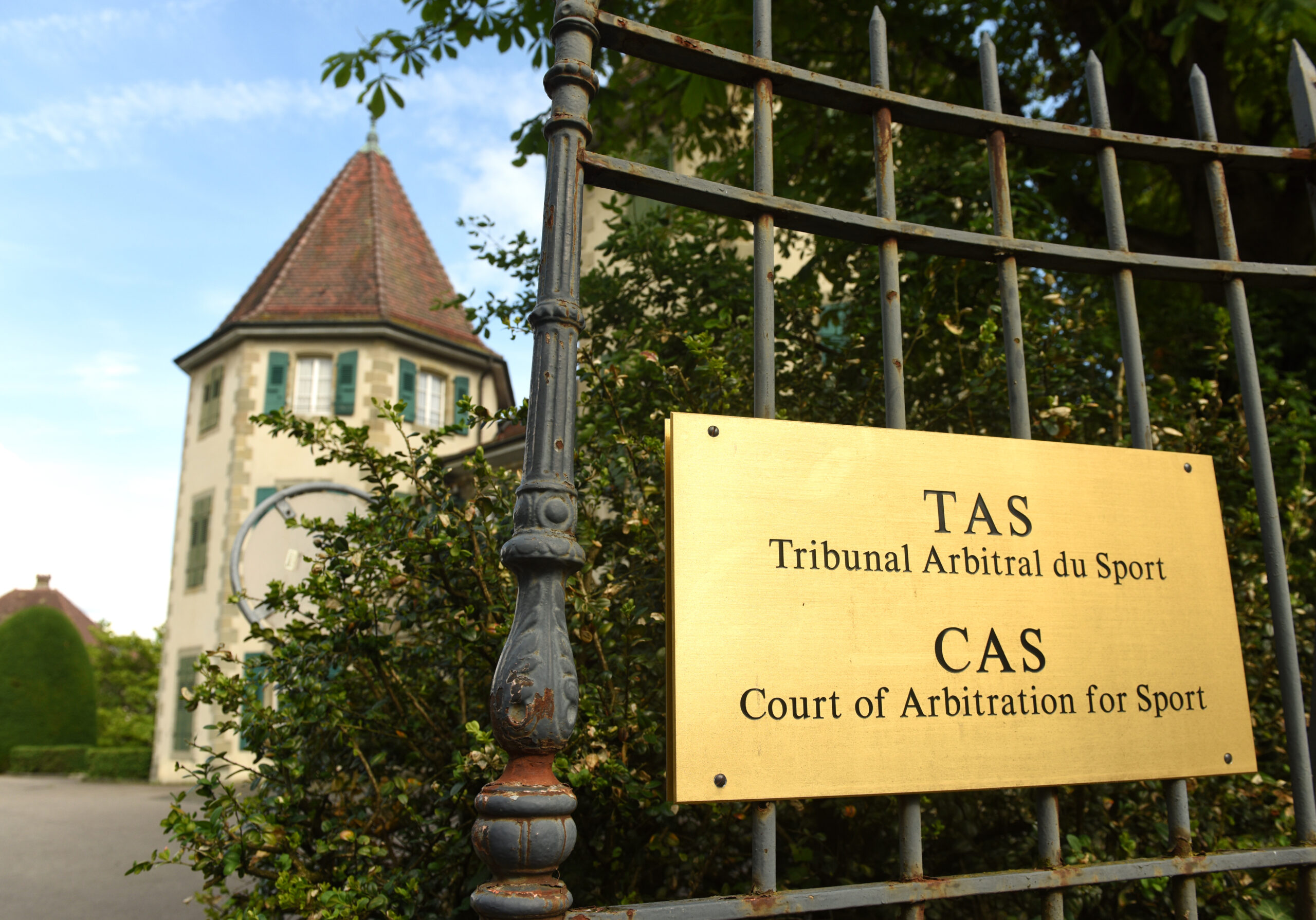In its ruling of August 1, 2025 (Ref. C-600/23), the European Court of Justice has made a decision that grants clubs and players more effective control over the rulings of the Court of Arbitration for Sport (CAS). In future, national courts in the EU will be able to review arbitral awards made by the Court of Arbitration for Sport (CAS) in Lausanne to ensure that they are compatible with EU law. This makes it clear that the CAS is no longer the final authority in sports law disputes.
The ruling was prompted by a long-running dispute between Belgian football club RFC Seraing and world governing body FIFA over the ban on so-called third-party ownership. In 2015, the club had concluded financing agreements with the Maltese company Doyen Sports, in which economic rights to players were to be transferred to third parties. FIFA considered this a violation of the ban on so-called third-party ownership and imposed several sanctions on the club. The club was not allowed to register new players for several periods and was fined. The club fought back.
However, the CAS, as the global arbitration body for disputes in the field of sport, upheld the sanctions, as did the Swiss Federal Supreme Court. But the club continued to fight and even questioned the independence of the CAS, as it is financed by international federations – this time before the Belgian civil courts. The Belgian Court of Cassation, the highest court of ordinary jurisdiction in Belgium, finally referred the legal question to the ECJ for a preliminary ruling. The question was whether national courts may refrain from reviewing a CAS award on the grounds of its legal force, in particular if the award has previously been confirmed by ordinary courts in Switzerland.
The ECJ has now ruled that arbitration awards in sports law must also meet minimum requirements under EU law. Review by state courts cannot be excluded by the mere legal force of a CAS ruling, even if it has already been confirmed in Switzerland. Particularly in cases where athletes or clubs have not voluntarily submitted to arbitration but have been required to do so by association statutes or standard contracts, access to state judicial review must remain guaranteed.
This decision is a milestone. It affects not only soccer, but all sports in which the CAS acts as the highest authority. Although the CAS will remain in place, its decisions will in future have to be measured against the public policy of the European Union. The ECJ has thus strengthened the legal position of athletes and clubs vis-à-vis large sports associations. In particular, structurally weaker parties will have better access to justice.
The consequences of this decision are far-reaching: sport is no longer isolated in a legal vacuum. Rather, the principle that no one is outside the legal framework of the Union applies here too – not even sport.
 ©
Bumble Dee/stock.adobe.com
©
Bumble Dee/stock.adobe.com
 ©
Bumble Dee/stock.adobe.com
©
Bumble Dee/stock.adobe.com
